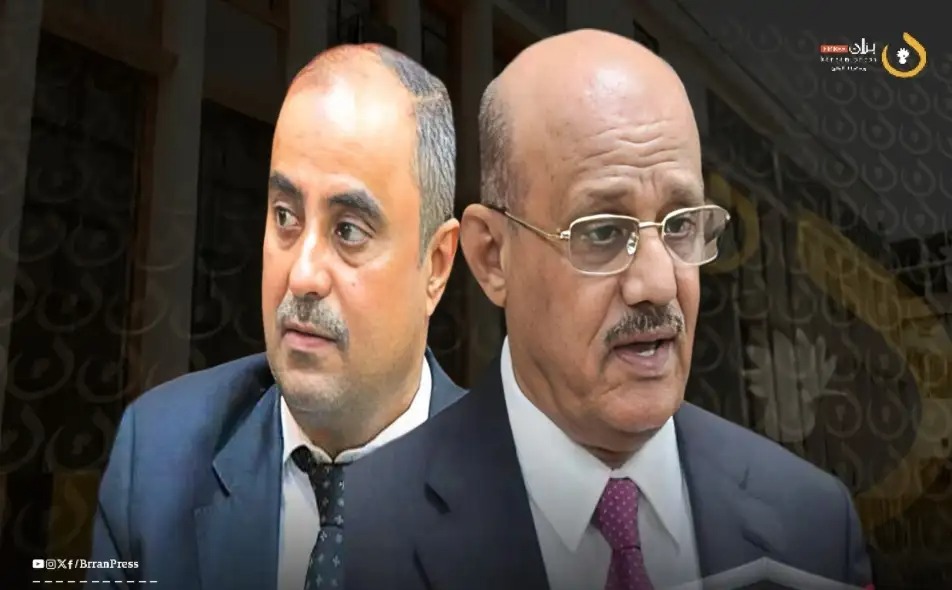


Barran Press
WASHINGTON, D.C. — On Wednesday, October 23, 2024, Yemen's Finance Minister, Salem bin Brik, and Central Bank Governor, Ahmed Ghaleb, held a series of intensive meetings in Washington, D.C., aimed at securing financial resources from the Arab and International Monetary Funds to address the ongoing financial and economic crisis in Yemen.
According to Yemen's official news agency, Saba, the minister and the governor met with Dr. Fahd bin Muhammad Al-Turki, Chairman of the Arab Monetary Fund, to discuss "joint cooperation opportunities and ways for Yemen to access financial resources that can help mitigate the impacts of the current financial and economic crisis."
The meeting focused on addressing existing debt issues and finding solutions for overdue loan repayments and interest, as well as exploring possibilities for Yemen to receive relief on overdue interest and more manageable repayment terms.
In a separate meeting, Governor Ahmed Ghaleb and Minister Salem bin Brik met with the new head of the International Monetary Fund (IMF) mission to Yemen, Esther Perez Ruiz, along with the IMF resident representative for Yemen and Iraq, Mohammed Jaber. They discussed the financial and monetary situation amid a severe shortage of government resources due to halted oil exports and increasing demand for foreign currency to cover import bills, which has significantly affected the balance of payments.
In a third meeting, the governor and minister met with Dr. Mahmoud Mohieldin, Executive Director of the Arab Group and Maldives at the IMF, as part of their participation in the annual meetings of the IMF and World Bank, taking place from October 21-26.
During this meeting, they reviewed the latest developments in Yemen's economic situation, particularly concerning the scarcity of financial resources following the cessation of crude oil exports and the decline in other resources and humanitarian aid, affecting the living standards and price levels for citizens.
The recognized Yemeni government is grappling with a severe monetary crisis, with the local currency experiencing a dramatic decline. The exchange rate of the Yemeni rial has hit a record low against foreign currencies, with one dollar now trading at 2000 riyals, up from 1676 riyals in late April. Meanwhile, the Saudi rial is being sold at 524 riyals, compared to 441 riyals previously, marking an all-time low.
Last week, in an executive meeting, the Central Bank urged the Yemeni government to reassess its financial and economic policies, particularly in mobilizing and collecting public resources and restructuring spending according to priorities.
Simultaneously, Prime Minister Ahmed bin Mubarak called for international support to halt the decline of the national currency, which has seen its worst collapse yet, urging that current regional and international dynamics require greater support for the government.